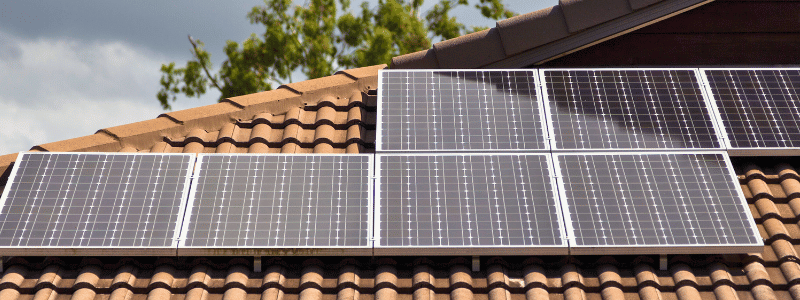Home » What is the Micro Generation Support Scheme in Ireland
Discover how this scheme encourages homes and businesses to generate their own renewable energy in Ireland.

Micro-generation refers to the small-scale production of electricity using renewable resources by individuals, households, and small businesses.
This is achieved through the installation of compact generators that harness renewable energy. Common sources for micro-generation include:
The electricity generated from these sources can either be stored in batteries for later use or sold back to the grid via your electricity provider.
The Micro-generation Support Scheme enables homes, businesses, farms, and community buildings to sell surplus electricity generated from renewable sources like solar panels back to the grid.
Selling excess renewable energy to the grid earns you a payment known as a Clean Export Guarantee (CEG). The amount you receive is determined by your energy provider.
Homeowners can apply for a SEAI grant to help cover the costs of installing solar panels. The SEAI is also considering extending their grants to support other renewable energy sources, including:
Discover more about residential and business grants for solar panels on the SEAI’s website.
If you’re considering solar panels, you can start by applying for a solar PV grant to offset installation costs.
Notify ESB Networks of your plan to install solar panels by submitting either a NC6 form or a NC7 form, depending on the size of your system. These forms can be completed on your own or with assistance from your installer:
Once ESB Networks processes your form, they will inform your energy supplier of your new microgeneration system. If you have a smart meter, your supplier will automatically be updated.
Once installed and connected, your solar panels will start generating electricity, reducing your energy bills. Any surplus energy can be sold back to the grid through your electricity provider.
Electricity Measurement:
The compensation you receive for your surplus electricity primarily depends on two factors:
The total electricity you sell back to the grid is typically reflected on your regular electricity bill. However, some suppliers may provide this information in a separate statement.
Starting from 1 January 2024 through 31 December 2025, there is a financial incentive for those who contribute back to the national grid. If you sell your surplus electricity, you are eligible for a tax exemption of €400 annually on the income derived from this sale. This exemption provides an additional benefit to participating in the micro-generation scheme, making it not only environmentally beneficial but also financially advantageous.
The scheme is open not only to residential homes but also to non-domestic sites including farms, businesses, and community buildings.
To be eligible, your home must meet the following requirements:
Interestingly, there is no requirement for your home to achieve a minimum Building Energy Rating (BER) to qualify for the scheme.
For non-domestic sites, detailed qualifying criteria are available through Gov.ie, where you can access a comprehensive guide, view the microgeneration support scheme here. This resource provides additional insights and specifics needed for farms, businesses, and community buildings to participate in the scheme.

Leading provider of nationwide electrical services. Licensed, insured, and committed to excellence in every project.